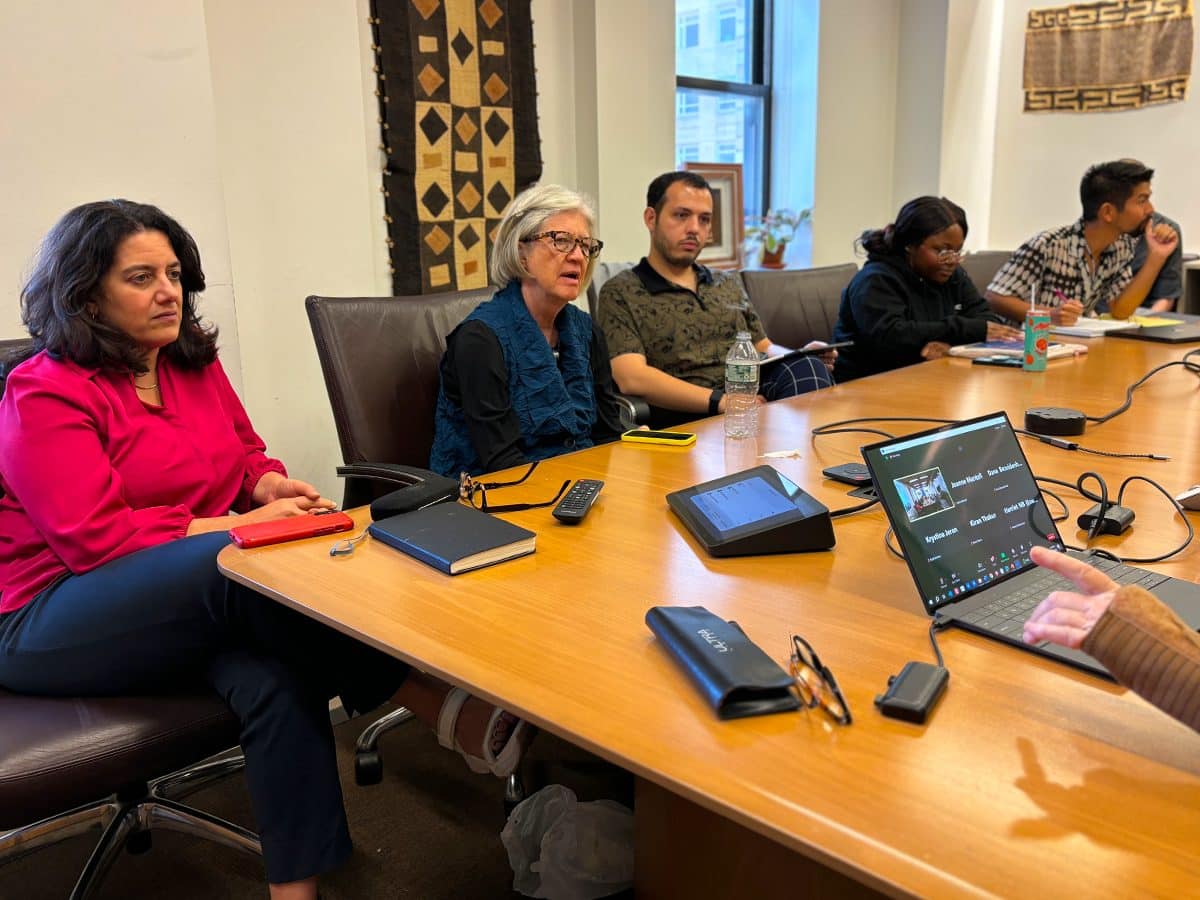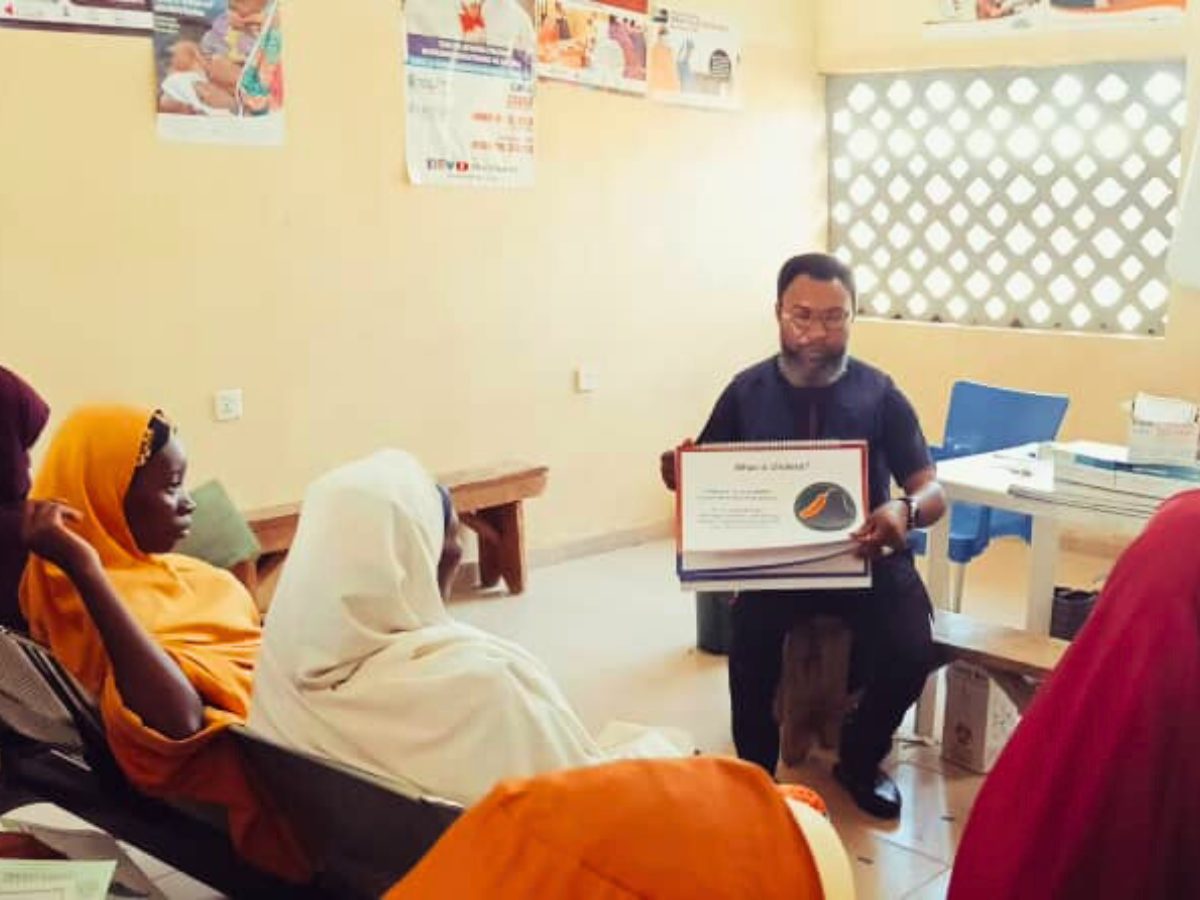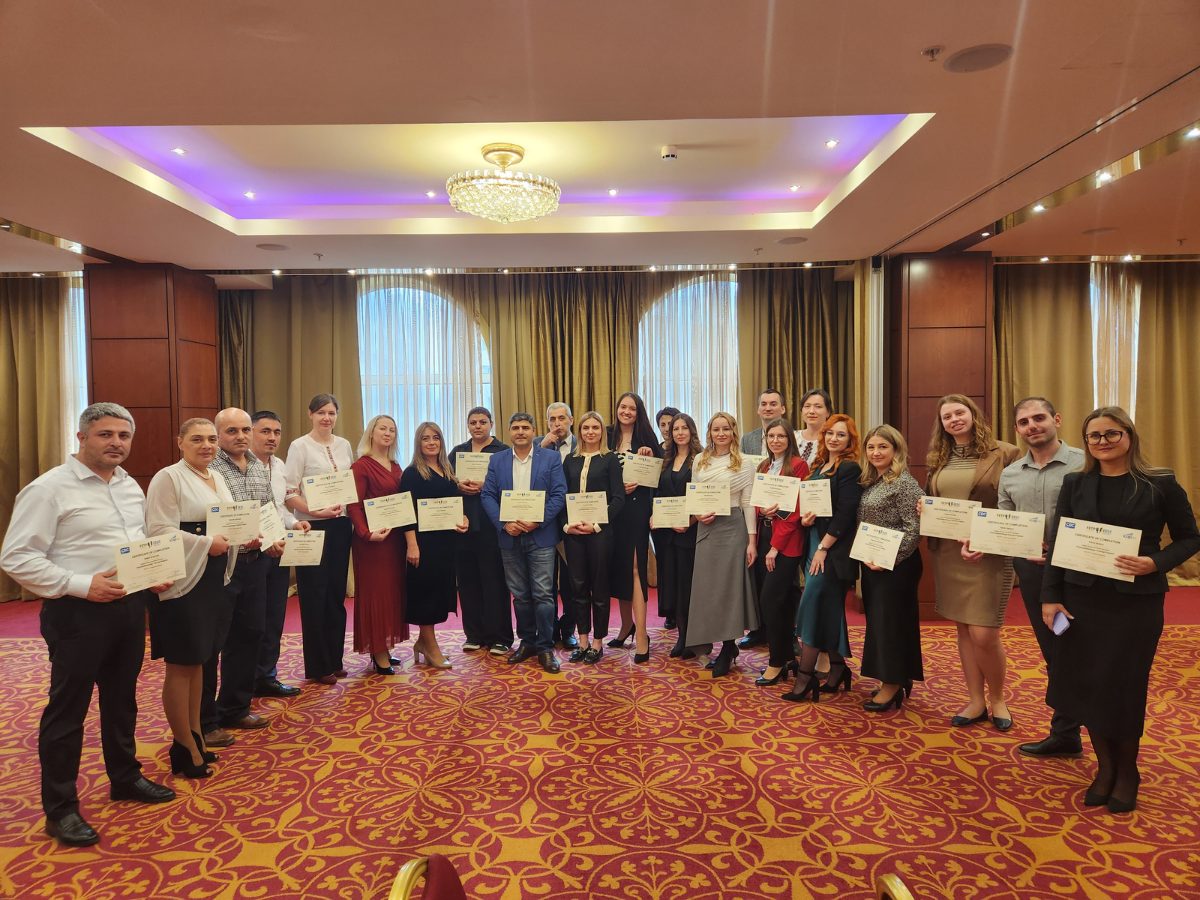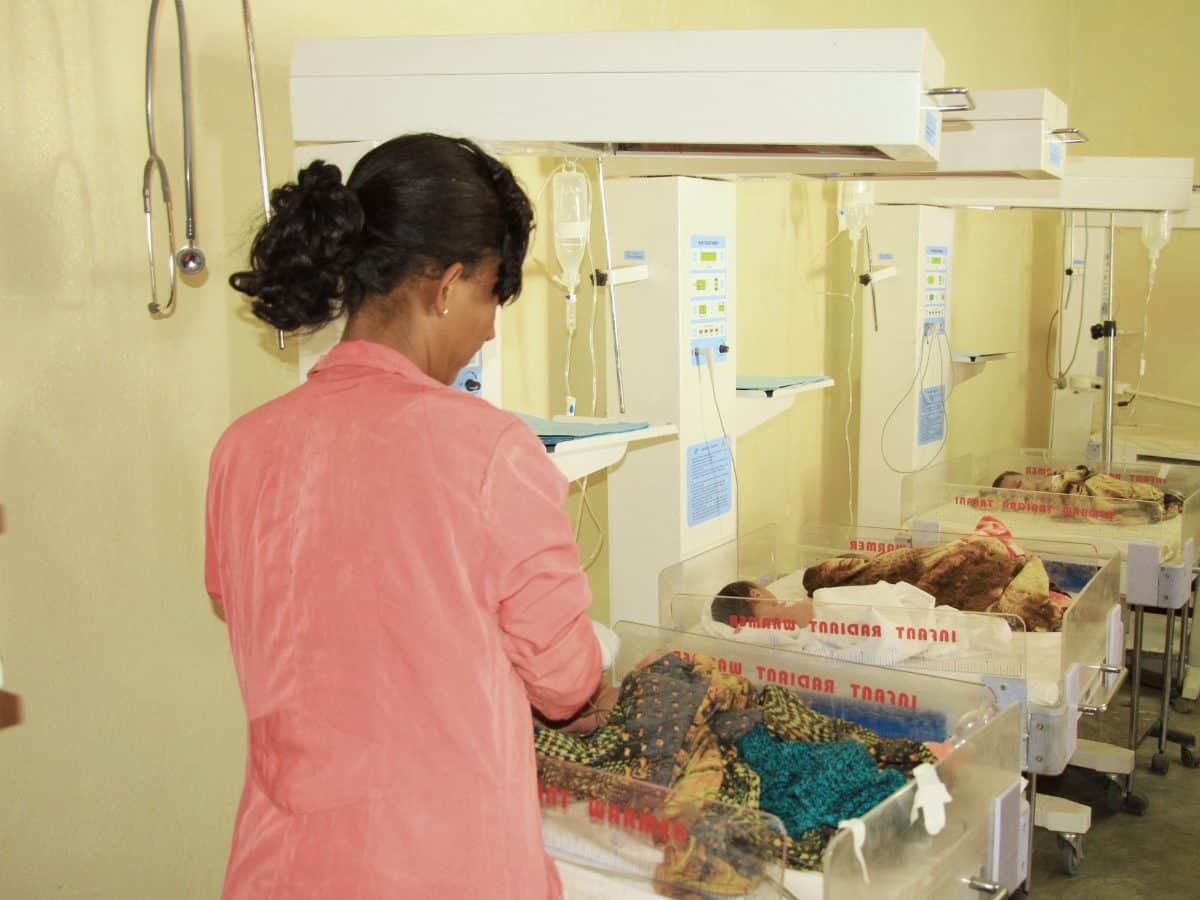When ICAP launched the Global HIV Implementation Science Research Training Fellowship Program in September 2014, the goal was to prepare a new generation of investigators with expertise in scientific methods to promote the integration of HIV research findings and evidence-based interventions into health care policy and practice.
With the HIV epidemic still at large, ICAP leadership saw the importance of rigorously testing interventions to improve the uptake, implementation, and translation of recent scientific findings into standards of care and to evaluate the impact of bringing such interventions to scale.
Ten years and 26 trainees later, the program’s success has prompted the funder – the National Institutes of Health’s (NIH) National Institute of Allergy and Infectious Diseases (NIAID) – to support the fellowship through August 2029.
“In recent years, there has been increased recognition of epidemiology’s critical role in informing and driving implementation science by generating evidence on causes of disease and effective interventions, as well as informing study methods, measurement, and designs,” said Andrea Howard, MD, MS, ICAP’s Clinical and Laboratory Unit director and program director of the fellowship. “Continued support of the fellowship is essential at this stage of the HIV epidemic. With the efforts of well-trained and skilled investigators who can effectively bridge the implementation gap, we can envision a plan to end the HIV epidemic,” she said.
The fellowship includes streamlined coursework based on an individualized training plan, as well as weekly faculty-fellow seminars, tailored mentorship with Columbia University faculty, research experience in New York and abroad, presentations, and more. The fellowship also includes a rigorous evaluation of the quality and effectiveness of the training program to ensure that trainees achieve the competencies and skills necessary for success as future leaders in HIV implementation science research.
Former trainees have received various career development and research awards, including K01, K99, K23, R21, and loan repayment awards from the NIH, as well as funding from Fulbright and private foundations. Upon graduation, most trainees are actively engaged in research, and many are employed at universities, including Columbia, UCLA, and the University of Maryland. Several past fellows also have HIV implementation science research-related careers with US government agencies or non-profits.
The five-year program aims to support six predoctoral trainees at any given time. Trainees must pursue a doctoral degree in epidemiology and are supported for three years. “This year, we are introducing a new administrative structure, with Mary Ann Chiasson, professor of epidemiology (in medicine) at the Columbia Mailman School of Public Health, assuming the role of associate director for mentorship and Yael Hirsch-Moverman, ICAP’s Harlem Prevention Center site lead, in the role of associate director for training,” said Krystina Jeron, ICAP’s training and education program coordinator. “We have also added new members to the faculty to further develop the research mentor pipeline and to ensure that we have the necessary expertise in the areas that we wish to consolidate and develop during the new grant period,” she said.
The premise of the new funding remains largely the same, although a new program component in this cycle is instruction in methods for enhancing scientific rigor and reproducibility. Scientific rigor is the strict application of the scientific method to ensure unbiased and well-controlled experimental design, methodology, analysis, interpretation, and reporting of results. ICAP will also exclusively support predoctoral fellows, all of whom are doctoral students in epidemiology. With stellar faculty, a unique training environment, and unparalleled research opportunities in domestic and international field settings, ICAP is well-poised to continue to lead this novel effort and nurture new investigators trained in multidimensional, interdisciplinary approaches to advance scientific knowledge and demonstrate the impact of HIV interventions.
About ICAP
A major global health organization that has been improving public health in countries around the world for two decades, ICAP works to transform the health of populations through innovation, science, and global collaboration. Based at Columbia Mailman School of Public Health, ICAP has projects in more than 40 countries, working side-by-side with ministries of health and local governmental, non-governmental, academic, and community partners to confront some of the world’s greatest health challenges. Through evidence-informed programs, meaningful research, tailored technical assistance, effective training and education programs, and rigorous surveillance to measure and evaluate the impact of public health interventions, ICAP aims to realize a global vision of healthy people, empowered communities, and thriving societies. Online at icap.columbia.edu








